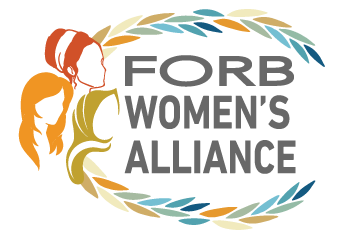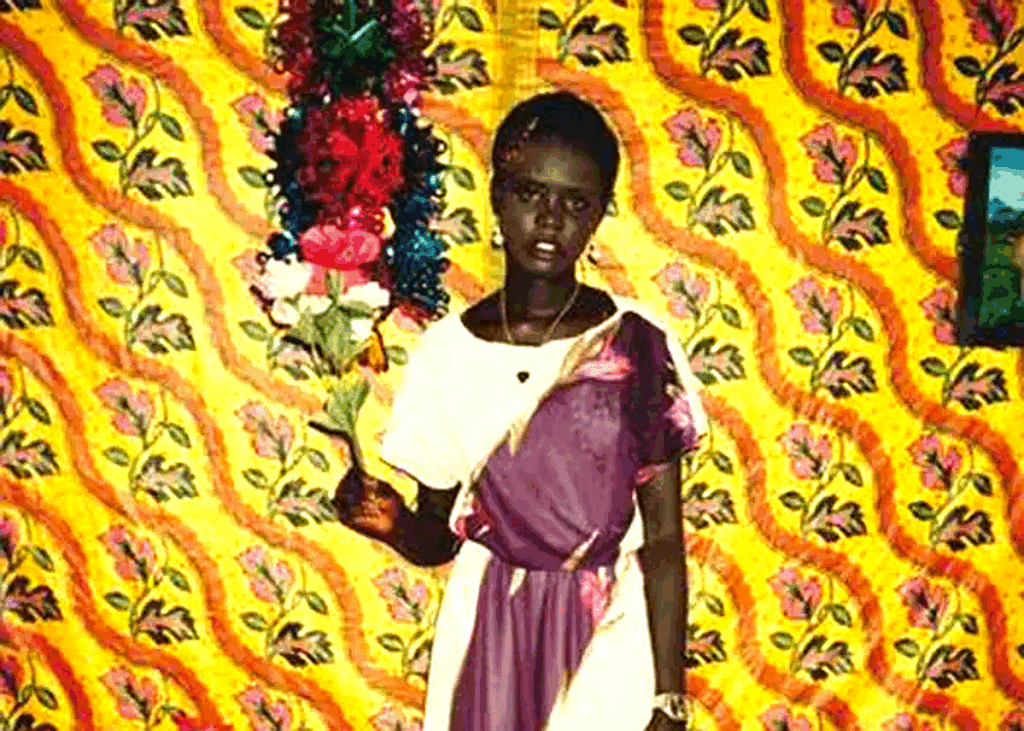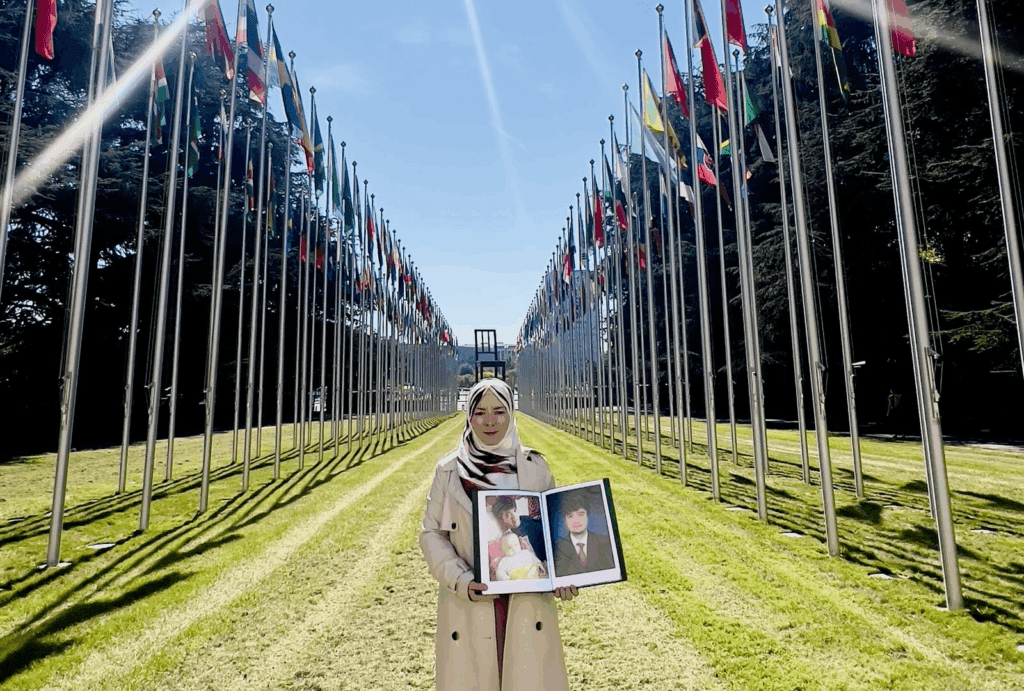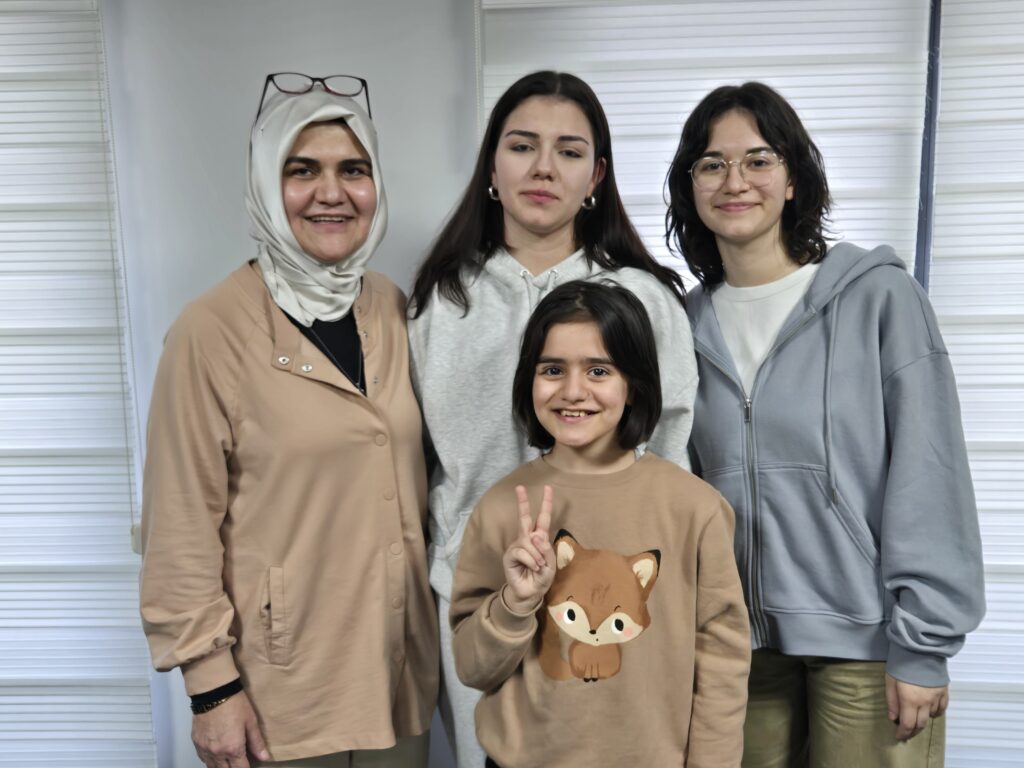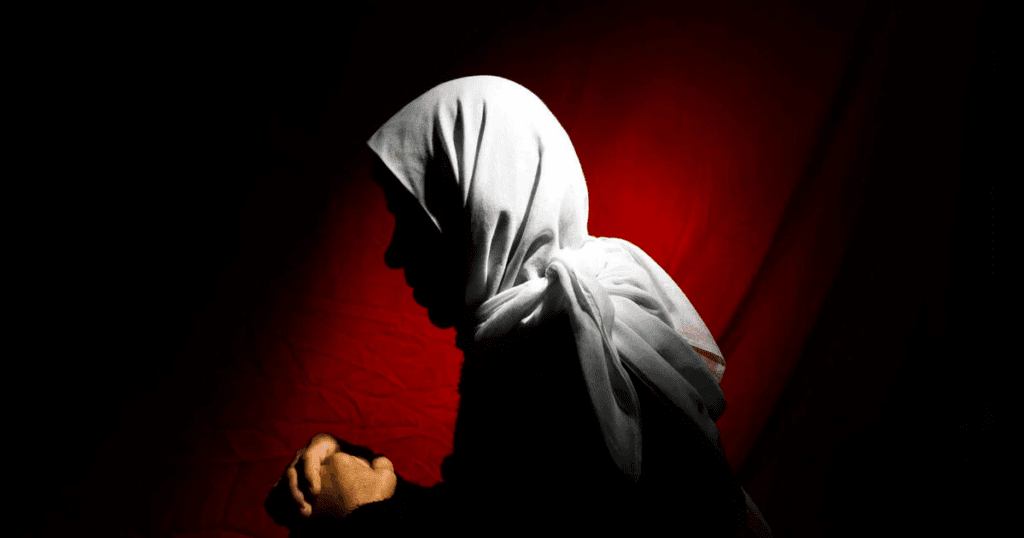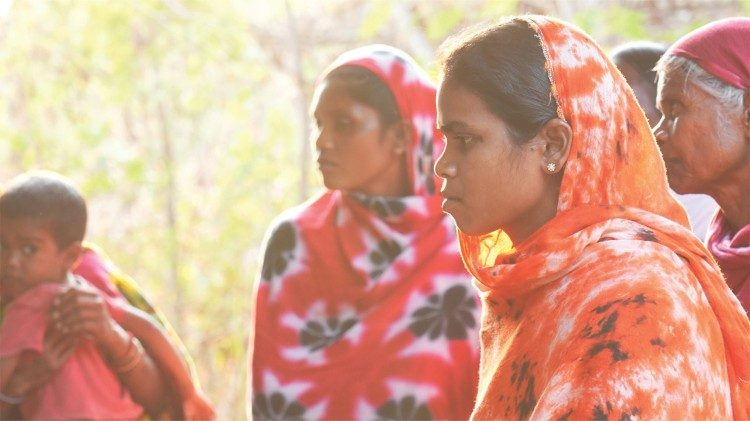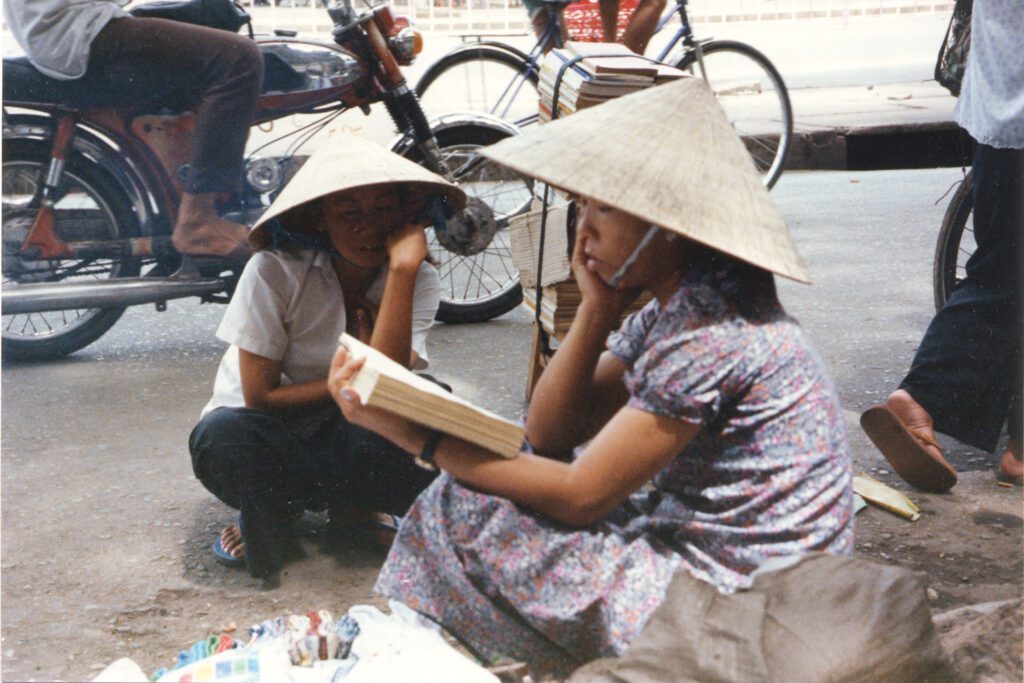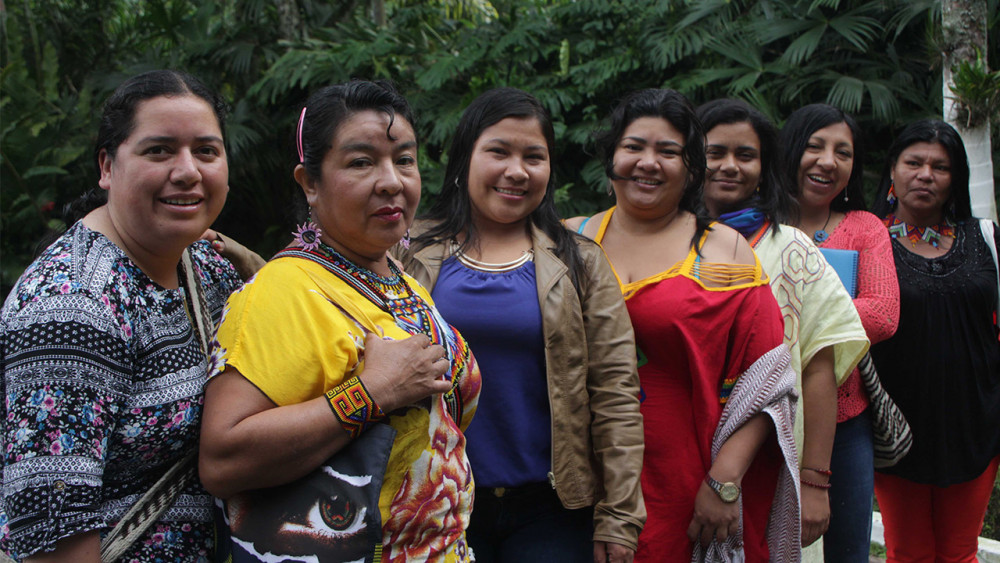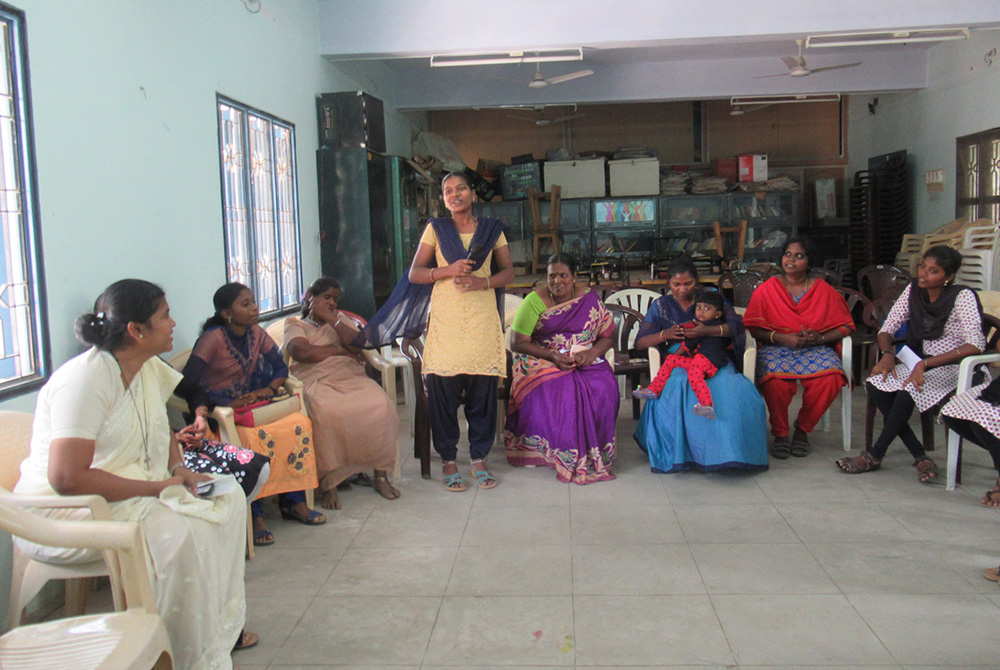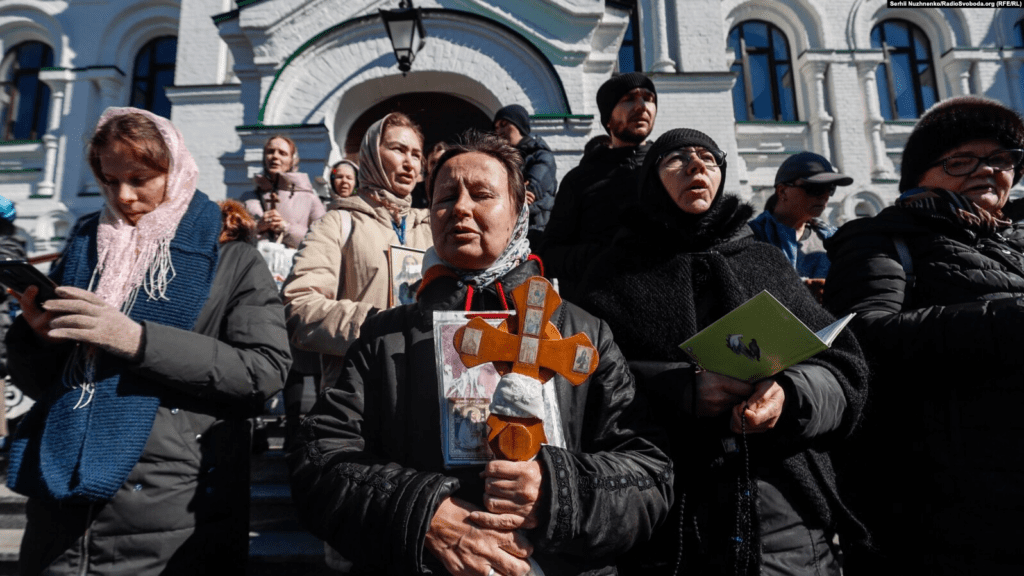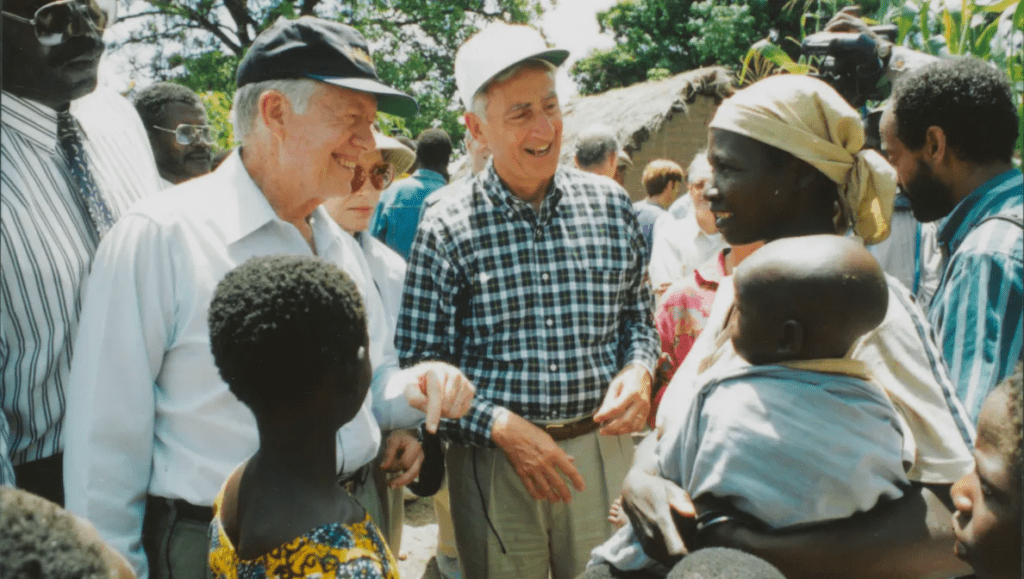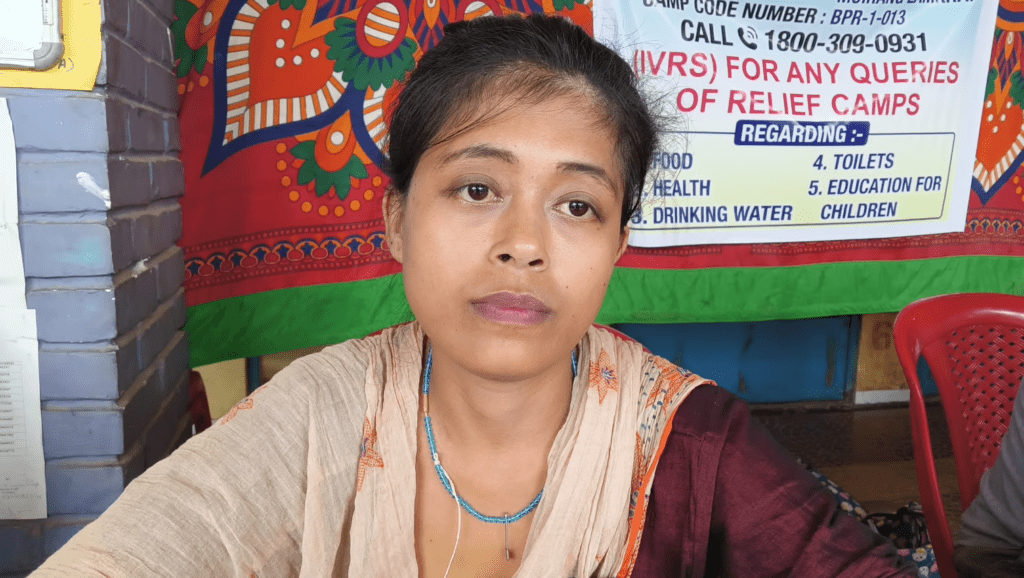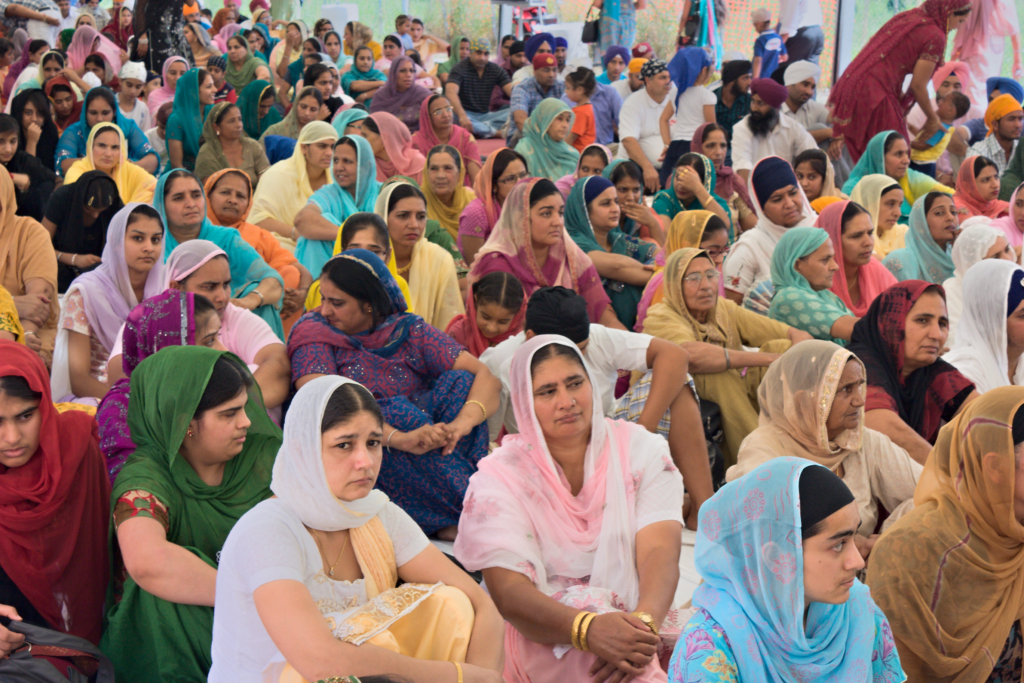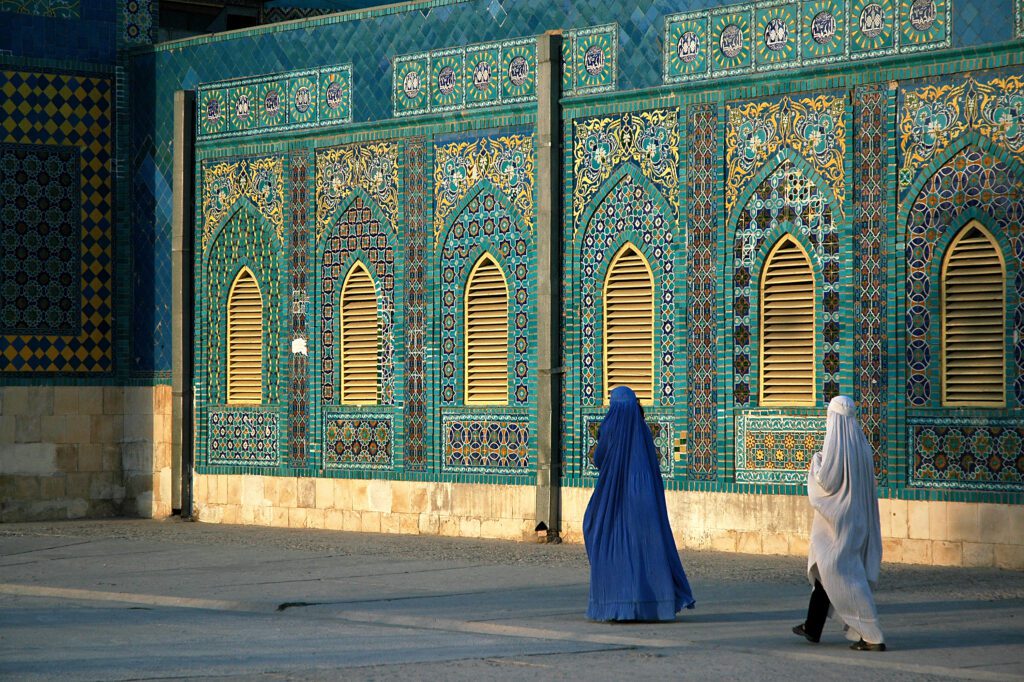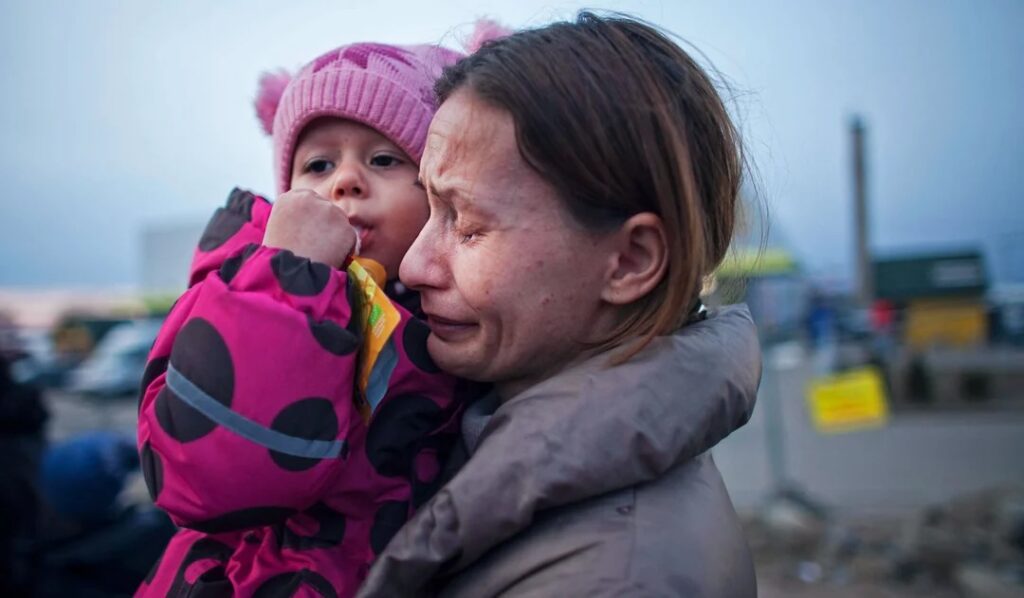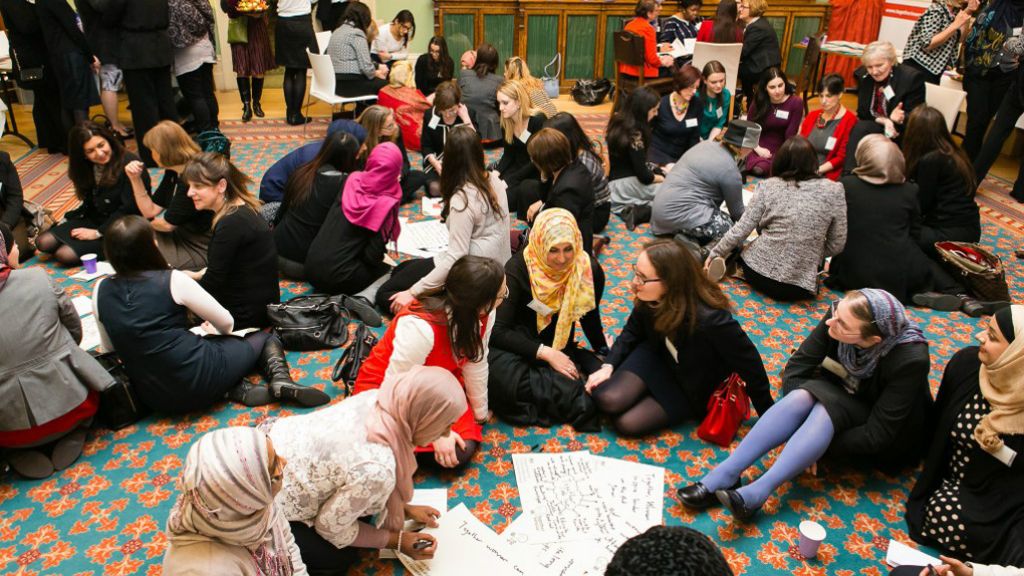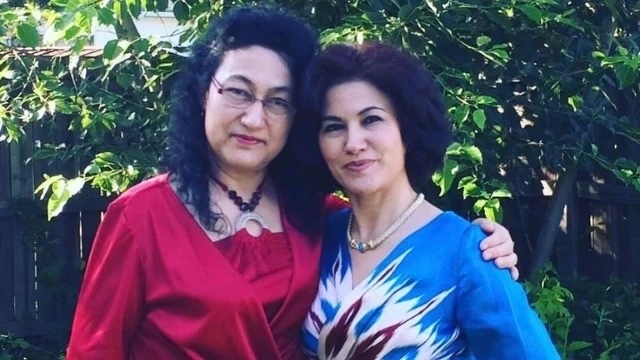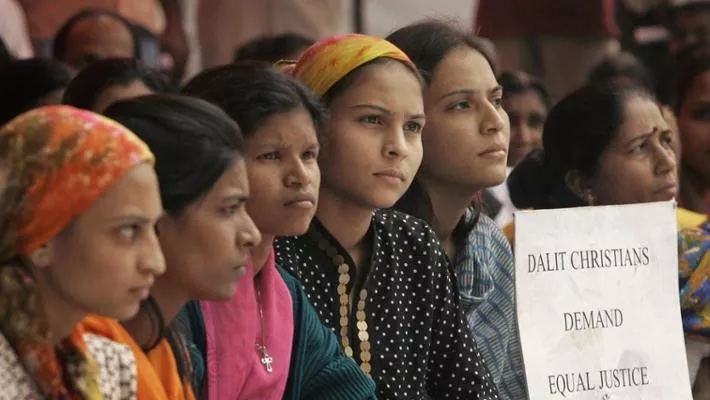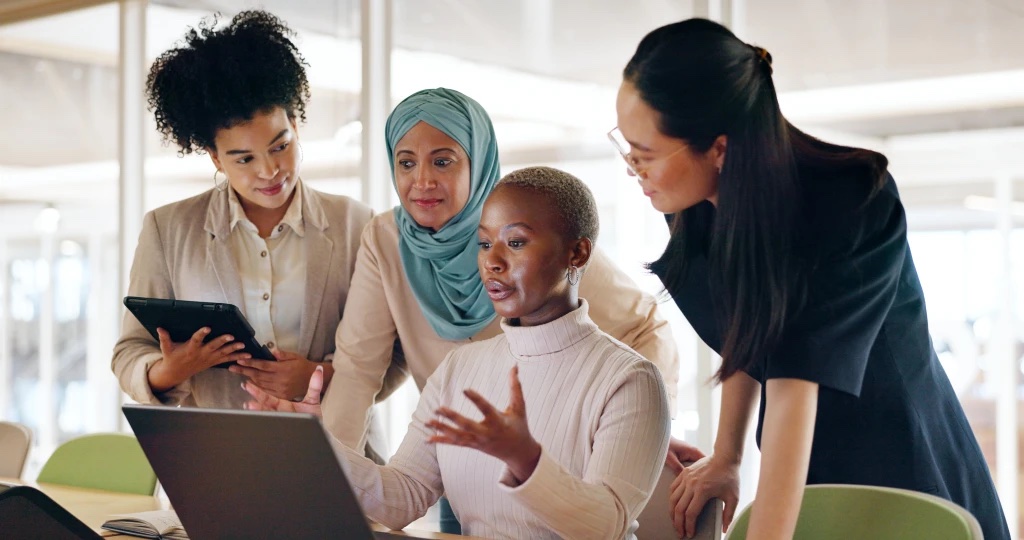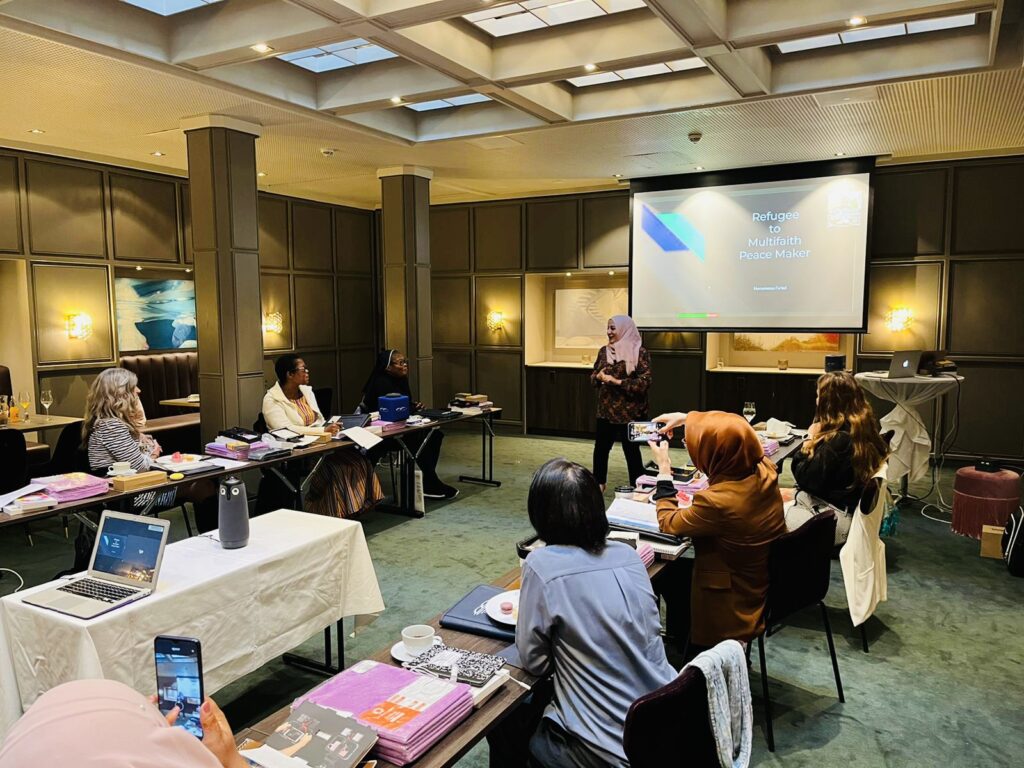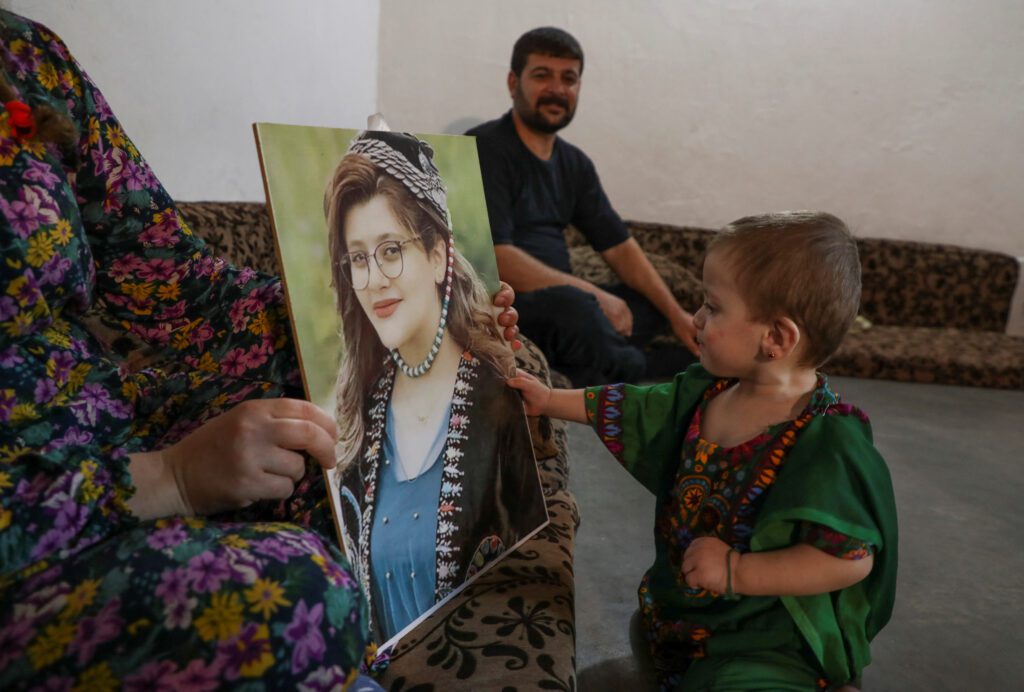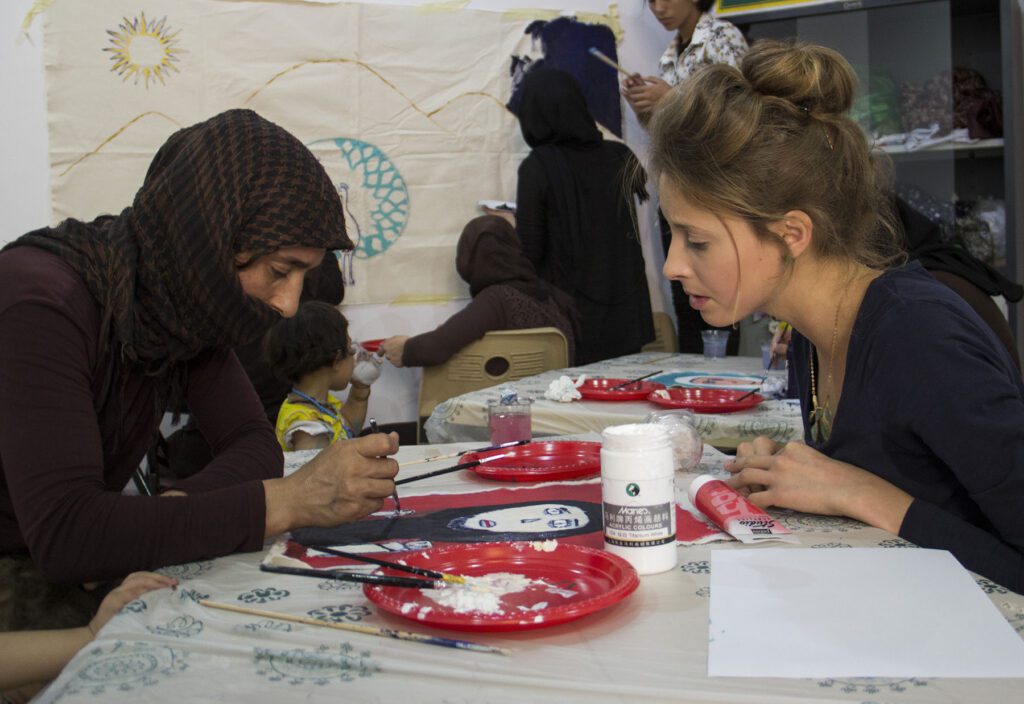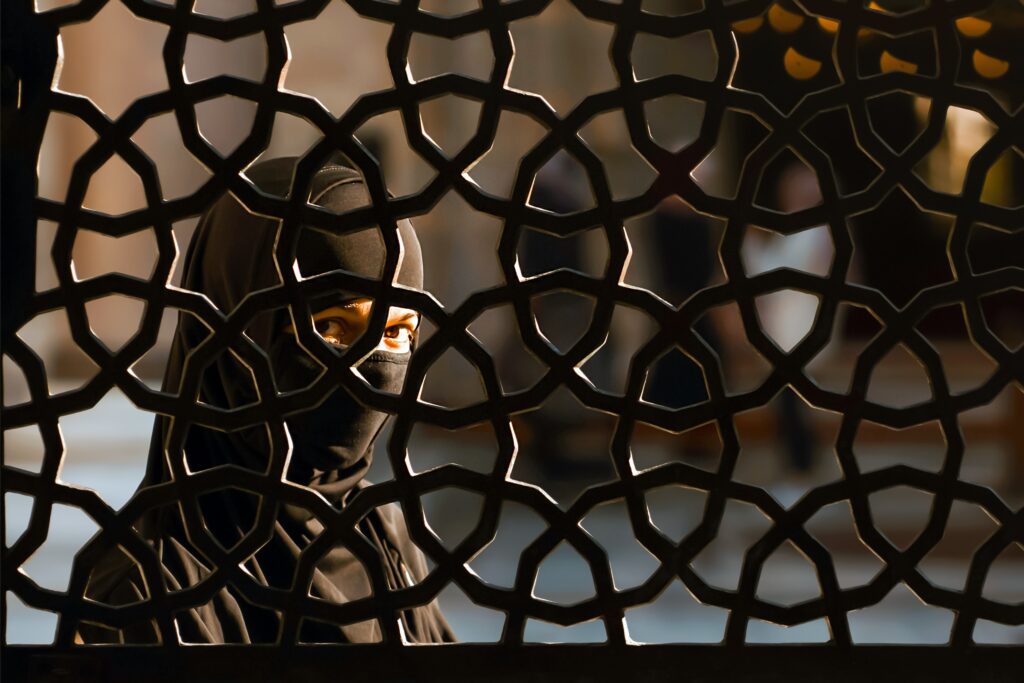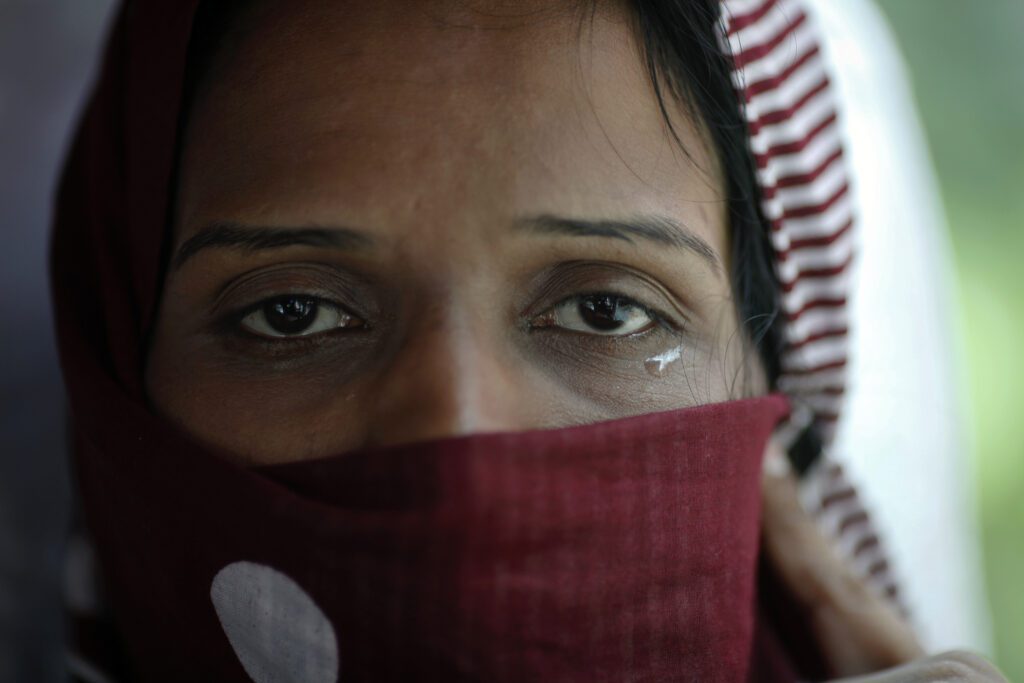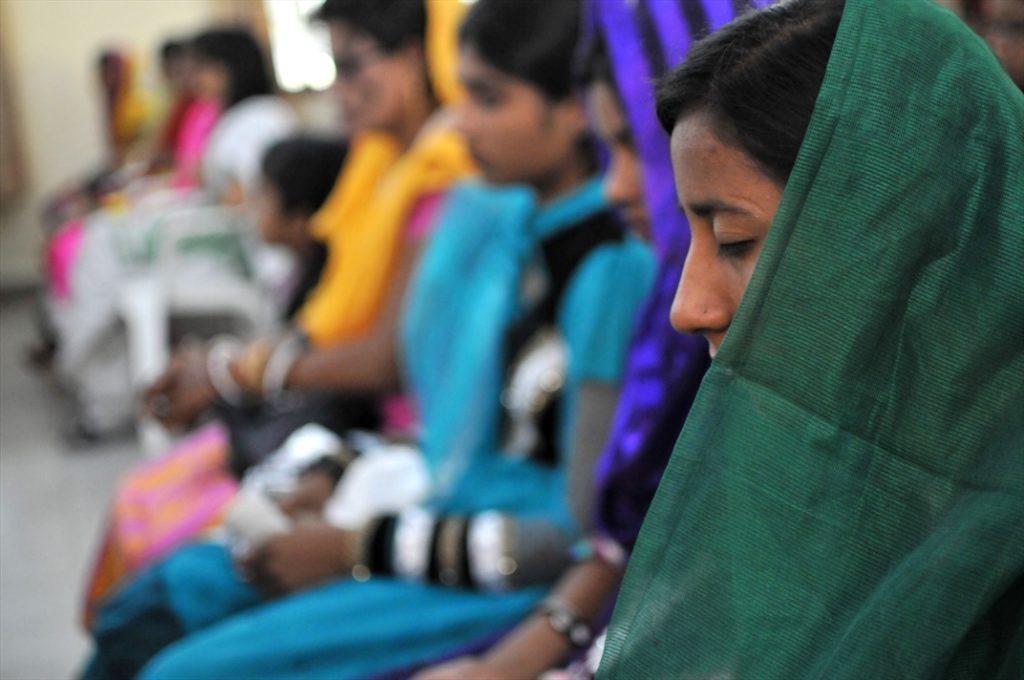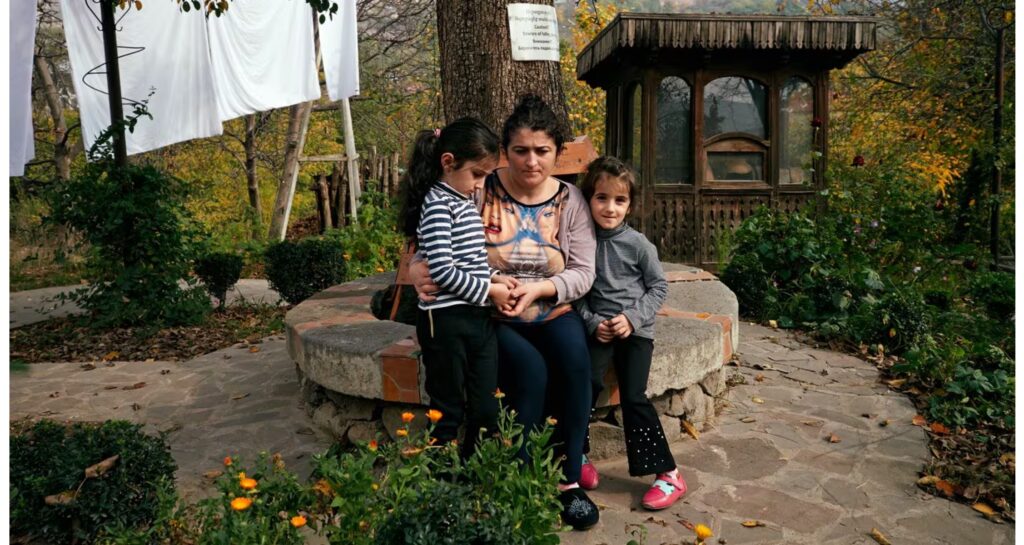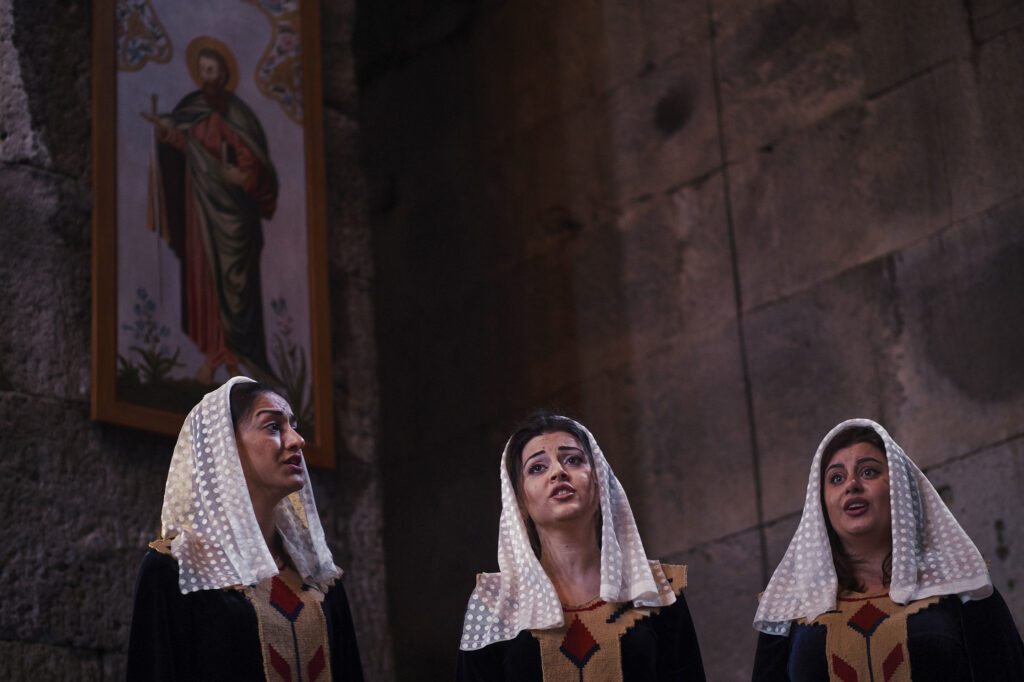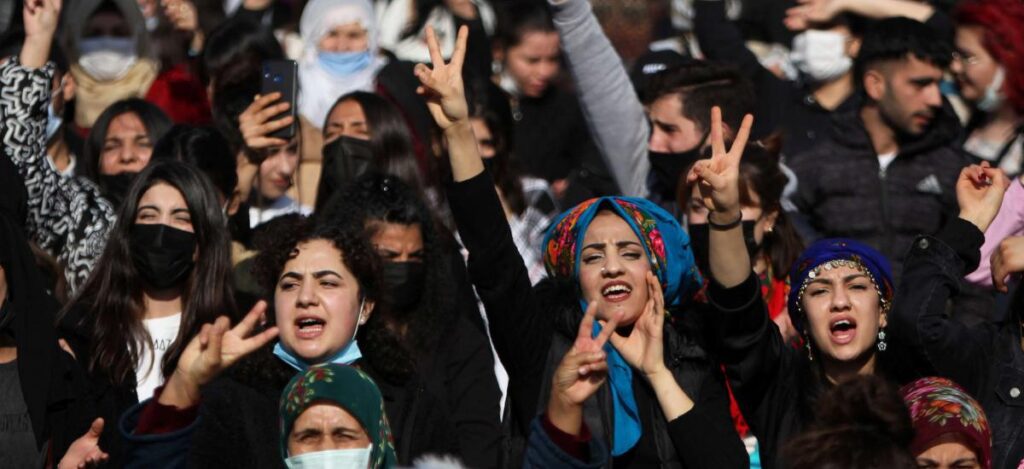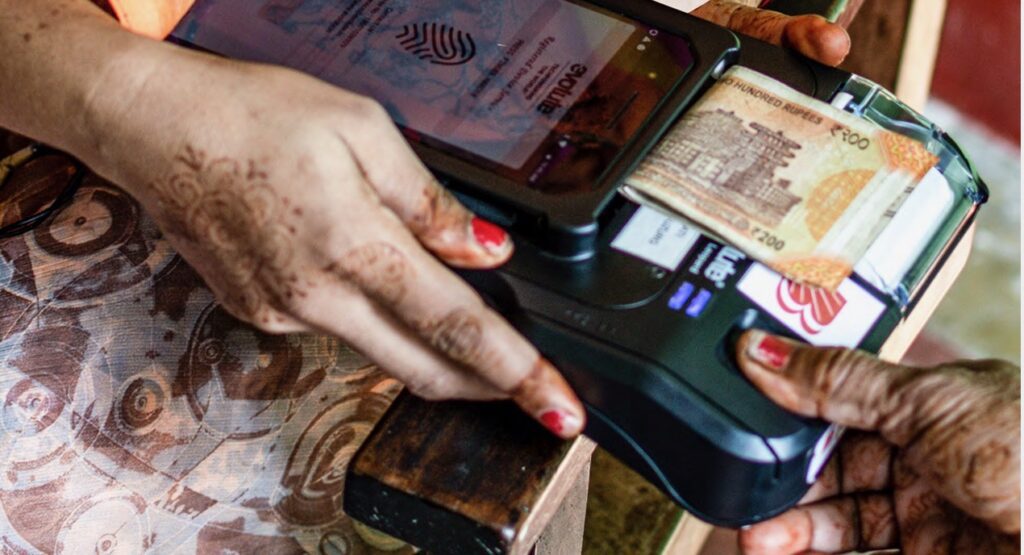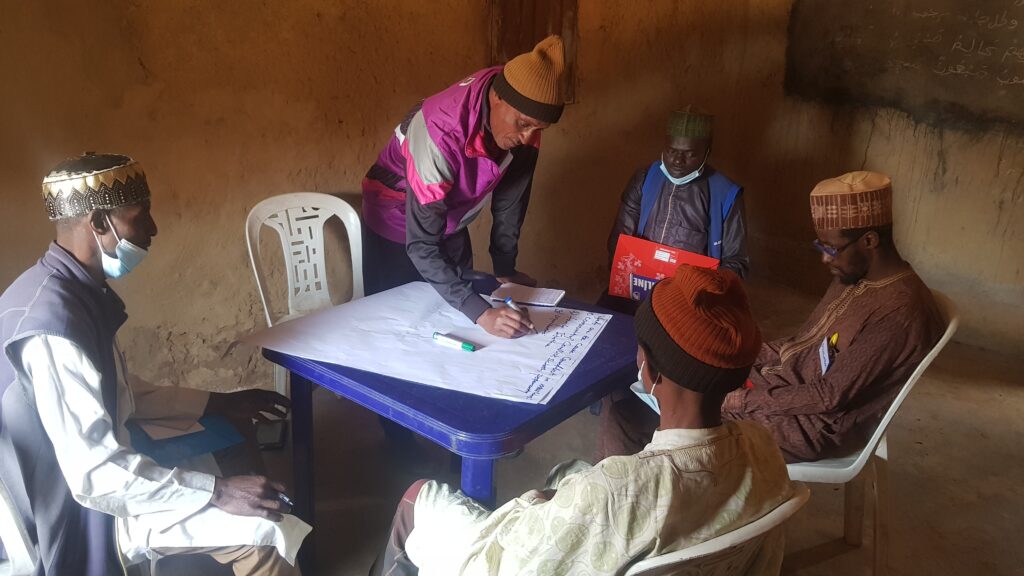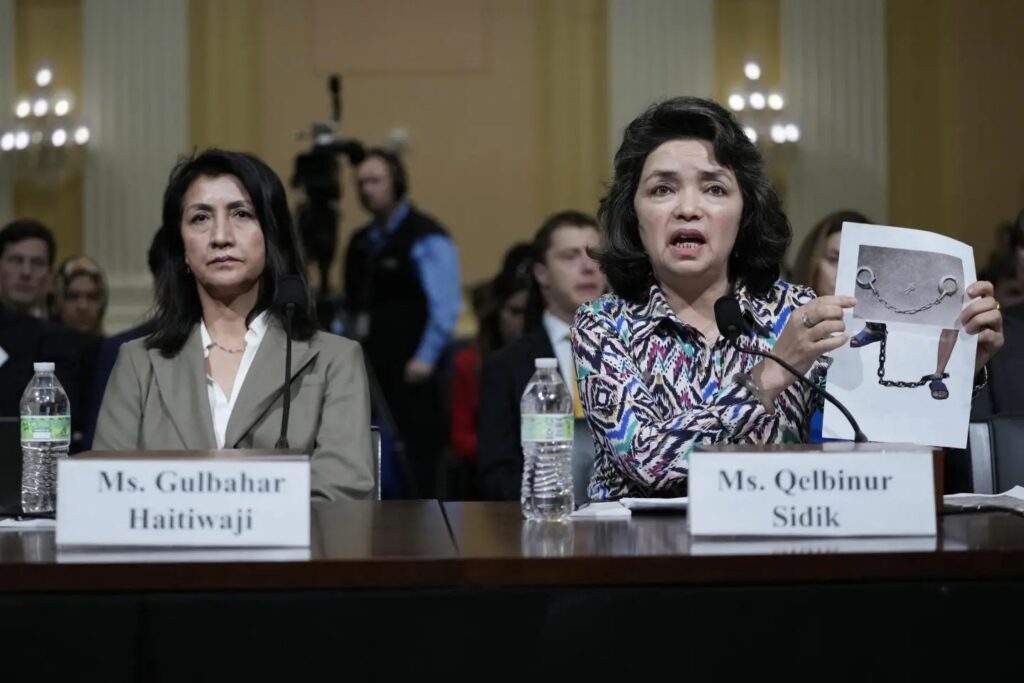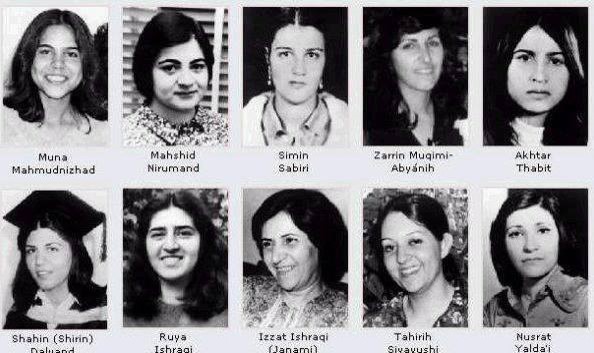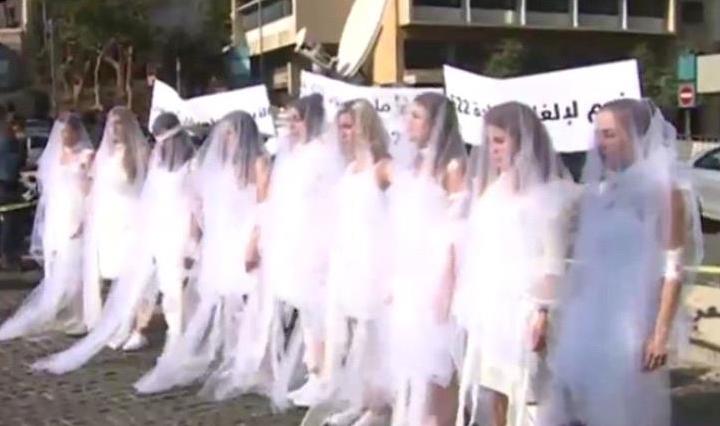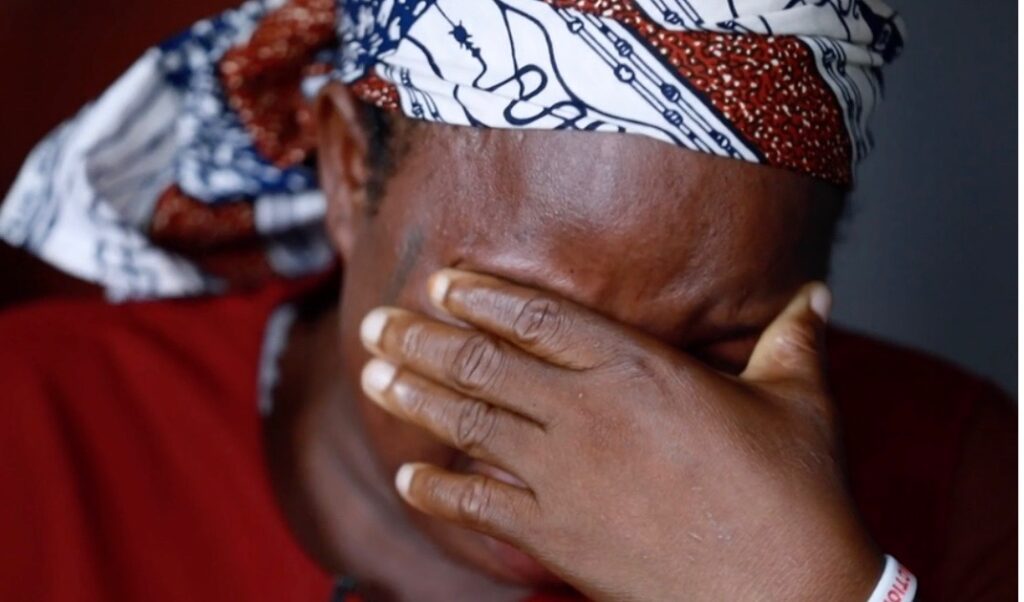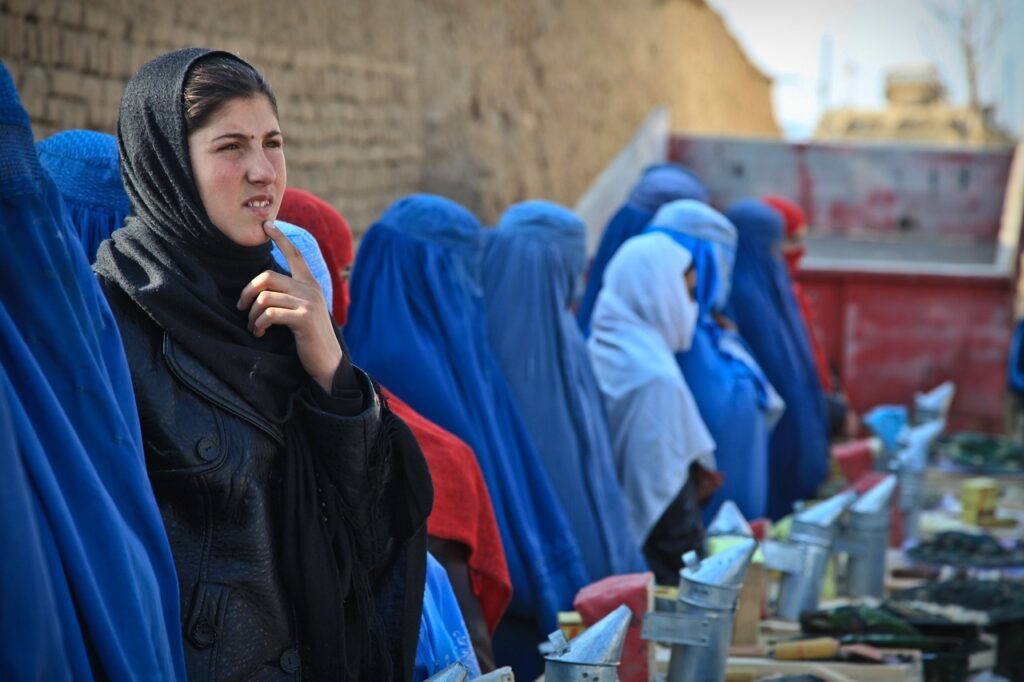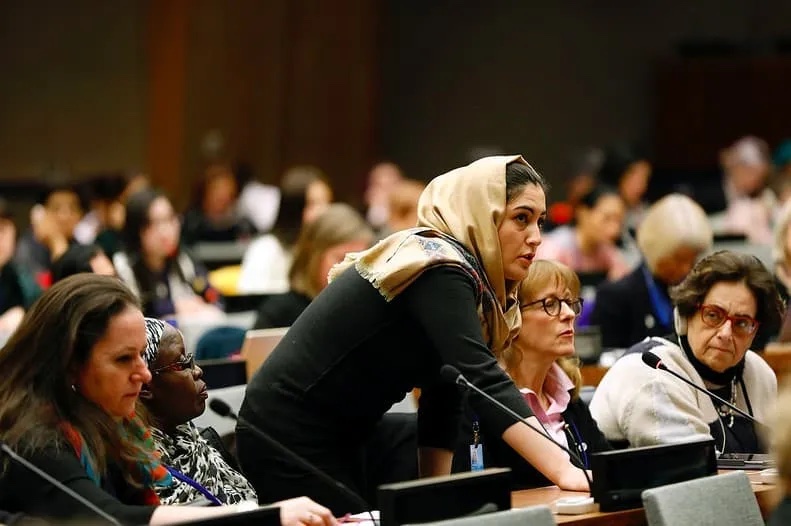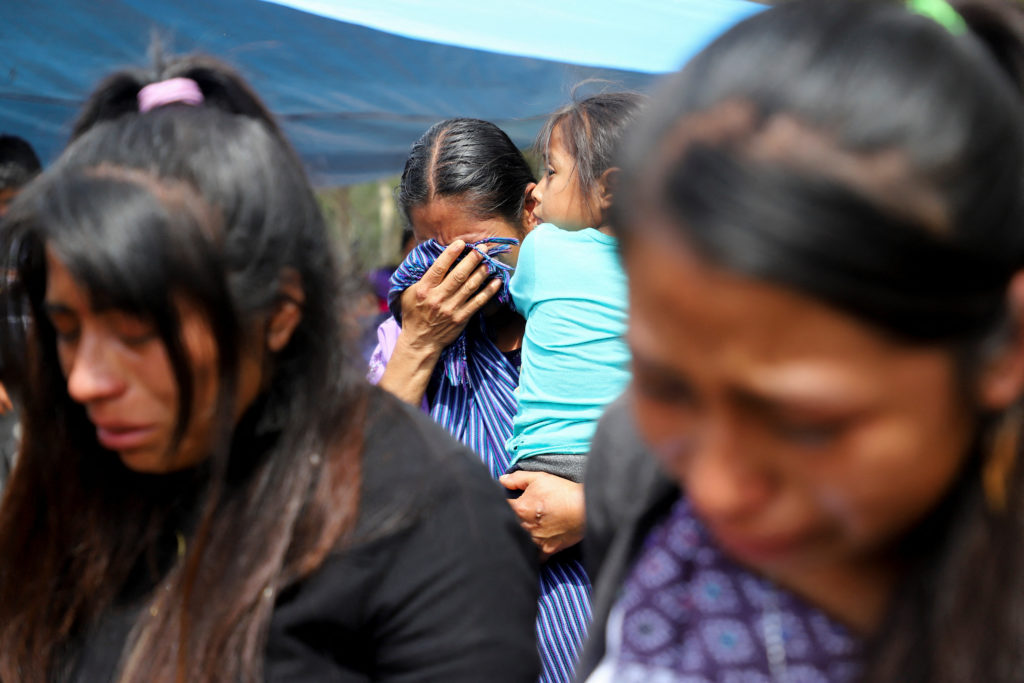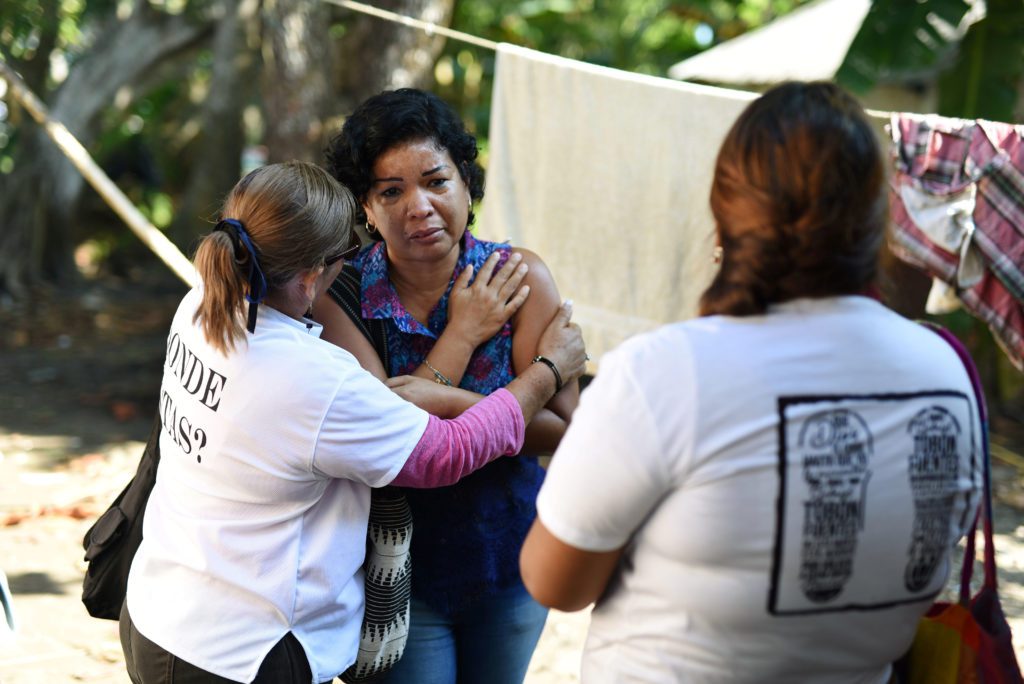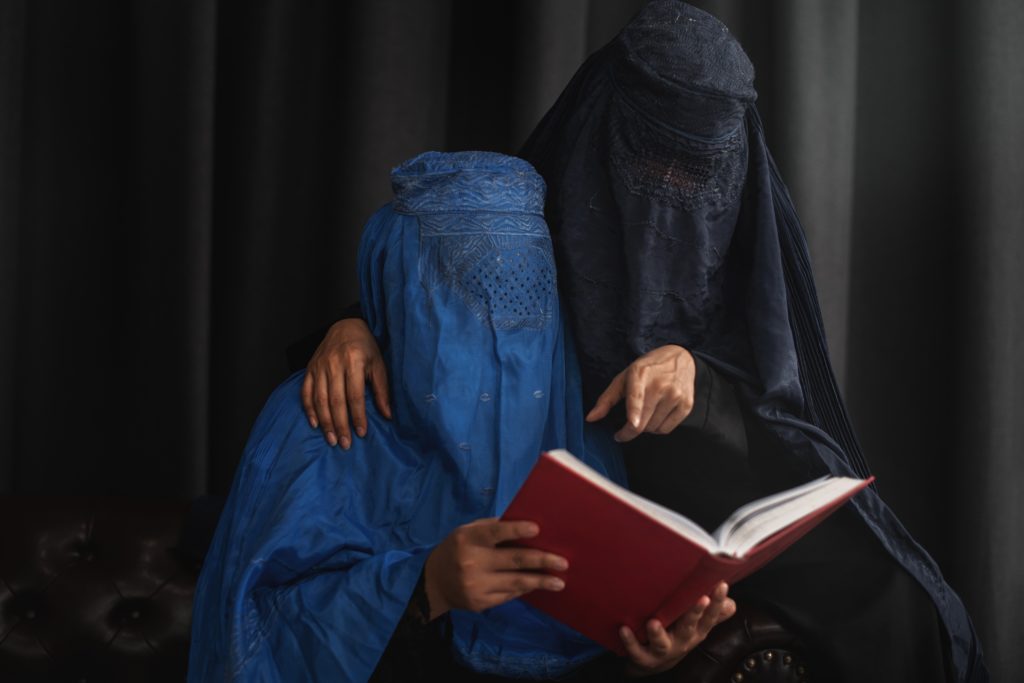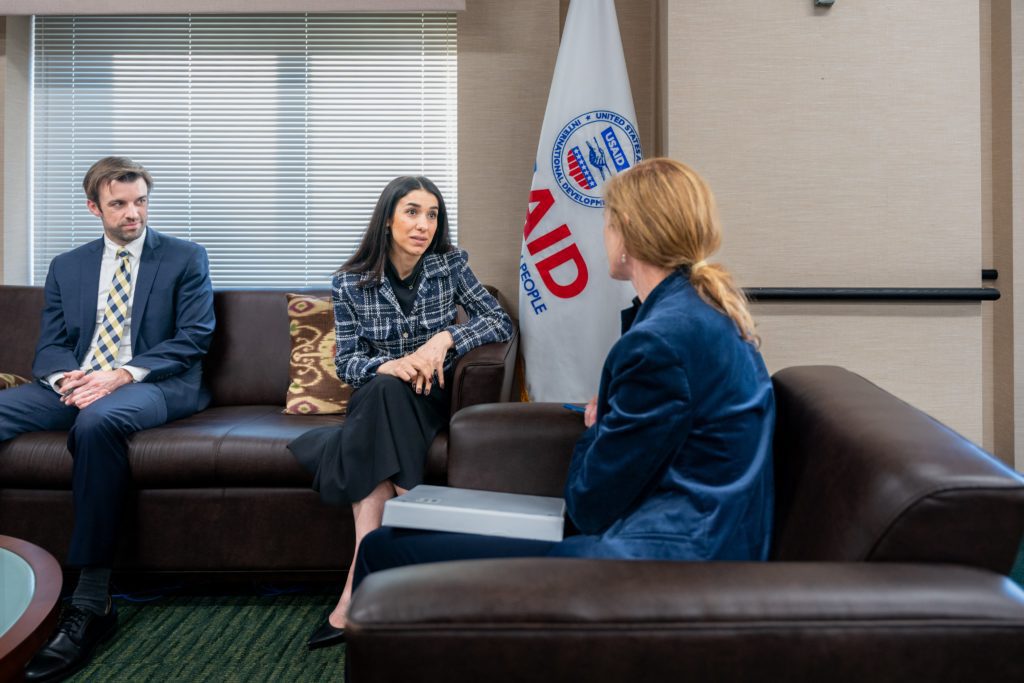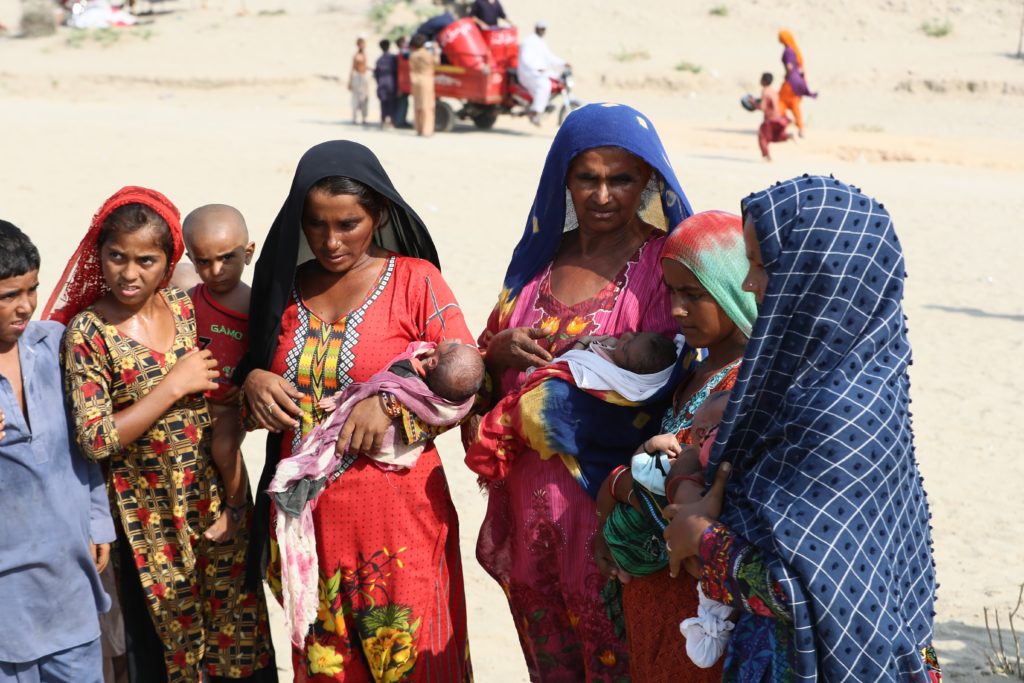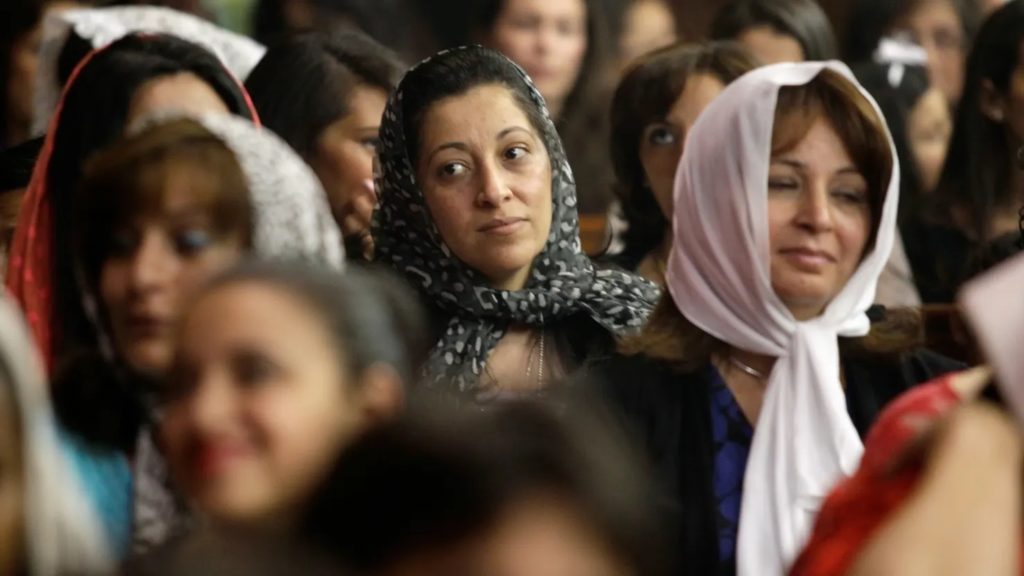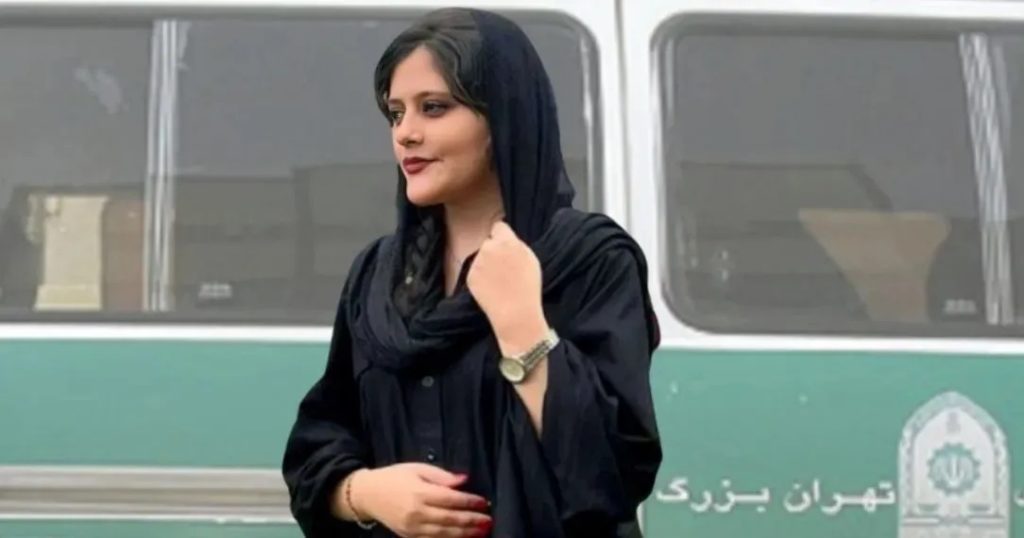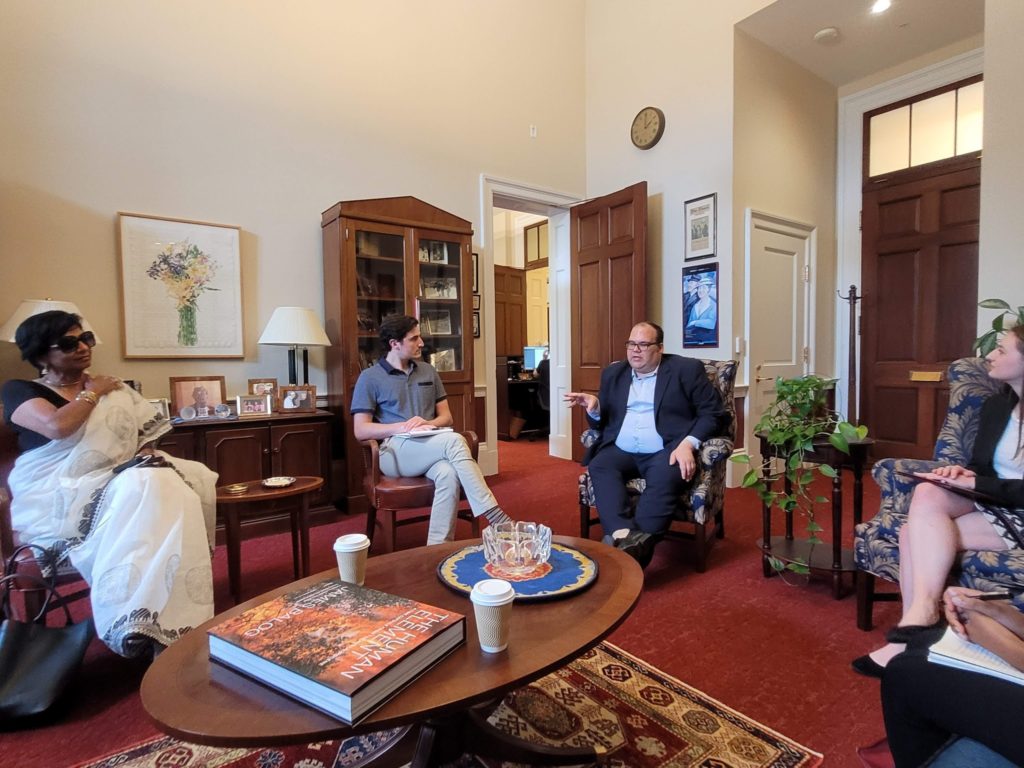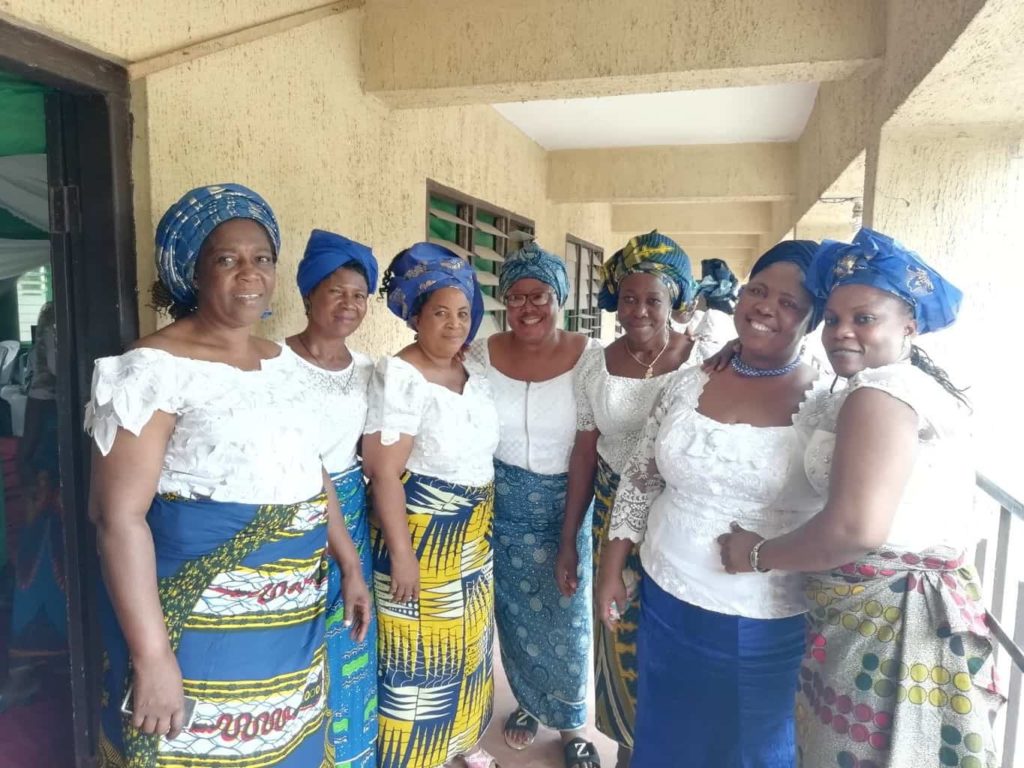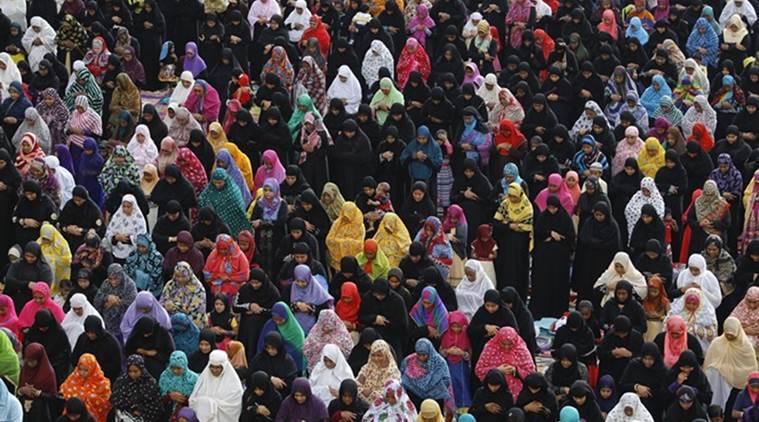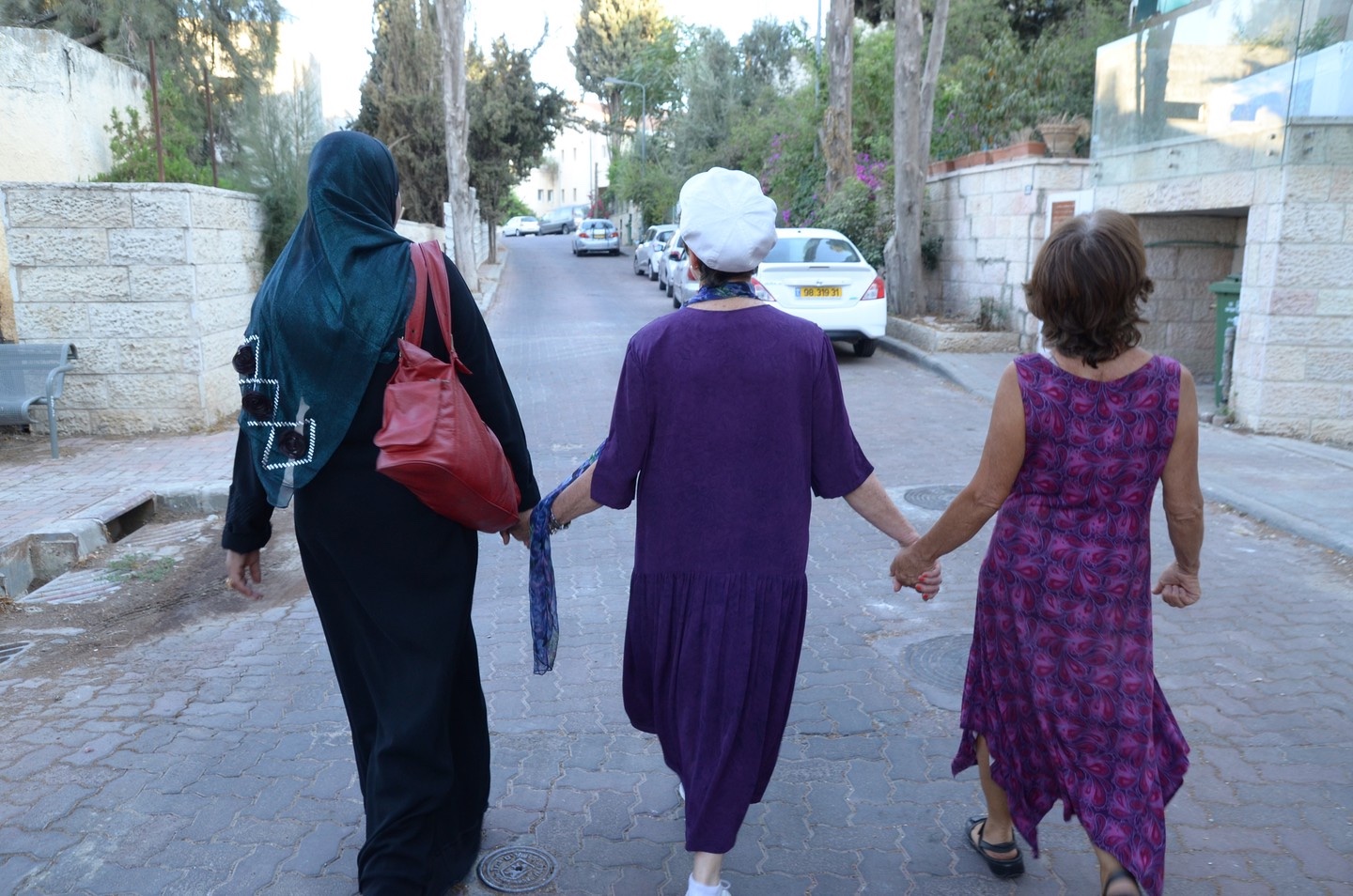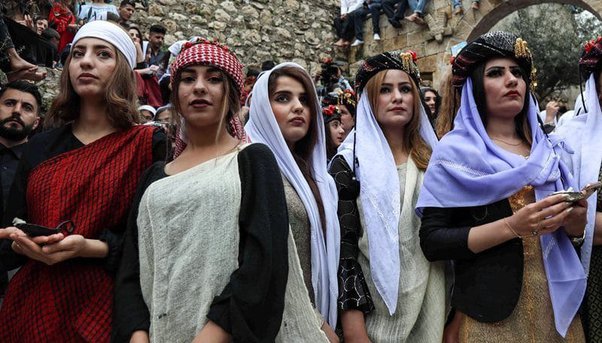I was born into peace.
My childhood in a village in Jonglei State, South Sudan, was filled with the sounds of birds, laughter, and the rustling of my grandmother Kokok’s cowhide skirt. Life was vibrant and living was communal. I remember following Kokok around, listening to the coins she’d sewn onto her skirt rattle like a song. We had cattle, food, songs, and stories. I had never seen a gun.
All of that changed in 1991 when I was just five years old. There was a civil war.
Our village was attacked. The gunfire came early in the morning, while we were milking the cows. Suddenly, everything was on fire—our homes, our food, our memories. We ran. I had never known fear like that.
With my uncle and his family, we walked for what felt like a year—hiding in the bush, drinking from muddy puddles, and surviving on wild fruits. We buried friends and family along the way. Finally, we reached the Sudan-Kenya border and the Kakuma Refugee Camp. That’s when I first heard the word refugee. I didn’t know what it meant, but that the word applied to me and that we were not going home.
I lived in Kakuma for eight years. It was safer than the war, but life was still hard. Food was always scarce. Girls’ education was not valued. Yet, there were acts of kindness. A Nuer woman took care of me when I was separated from my family. She shared her food with me, even though she had so little herself. A woman from another tribe, helping a Dinka child. That taught me something: our humanity runs deeper than our divisions.
There were other acts of kindness. I was almost forced into marriage at the age of 14. I could have become a child bride, like so many girls still are, but one teacher believed in me. He helped me stay in school and applied for me to be resettled in the United States. His efforts changed my life. His acts of kindness saved me.
Eventually, I received a scholarship to a boarding school, and in 2000, I was resettled in the United States as an unaccompanied minor and one of the so-called “Lost Girls of Sudan.” Most people have heard of the Lost Boys. Fewer know there were girls as well. Only 89 of us were brought to the U.S. We were placed in foster homes, scattered, and largely forgotten. The boys had each other. We had to start over, alone.
Still, I was lucky. My foster family loved me. They listened to me. Through conversations with my foster dad, with mentors, and with friends, I began to heal. I began to share my story. And through that, I realized something powerful: healing happens when we are heard. Telling my story was about not only finding my voice, but giving voice to others who otherwise would never get the chance.
I realized that I was not just a survivor of war, I also was part of a global community of displaced people whose stories have been silenced for too long. Displacement is not unique to Sudan. It happens in every generation, in every region. We have a choice: to look away, or to look closer.
Today, I use my voice to advocate for refugees and survivors, especially women and girls. I remind people that we are not poor because of a lack of intelligence or ability. We are poor because of war. South Sudan and Sudan are rich with resources and gifted people. But war has stolen our futures over and over again.

Rebecca Deng (Credit: Newamericanleaders.org)
Now, I live in the United States—the home I’ve known for the longest period of time in my life—but my heart remains with the girls in Sudan, in refugee camps globally and on dangerous roads, walking toward uncertainty just as I once did.
A Crisis Renewed: The Suffering of Sudanese Women Today
And now, war has come again to Sudan.
Since April 2023, Sudan has been plunged into yet another brutal conflict. More than 10 million people have been forced to flee their homes. Cities have been destroyed. Hospitals and schools have been bombed. And once again, women and girls are paying the highest price.
In Darfur and other regions, women are being targeted with sexual violence. Families are being torn apart. Aid is blocked. Borders are closed. And the world, distracted by other emergencies, is barely noticing.
But I see them. I hear them. I remember them. Because I once was them.
Right now, Sudanese women are crying out for, not just food and shelter, but dignity, protection, and peace. These are not just headlines. These are my sisters.
So I ask you: Please listen.
Listen to the girls who are running for their lives. Listen to the mothers burying their children. Listen to the women holding communities together with no support.
Their stories matter.
Peace is not a luxury. It is a right. And every girl deserves to grow up in safety, with a voice, and with hope.
Rebecca Deng is a South Sudanese-American author, speaker, and human rights advocate. A former refugee and one of the 89 “Lost Girls of Sudan” resettled in the United States, she survived war, displacement, and gender-based violence to become a powerful voice for women and refugees worldwide. Rebecca holds a BA in International Development/Relations and MA in Organizational Leadership. She currently lives in the U.S., where she continues her advocacy for peace, gender equity, and refugee rights. Her book, What They Meant for Evil, How a Lost Girl of Sudan Found Healing, Peace, and Purpose in the Midst of Suffering can be ordered here.
